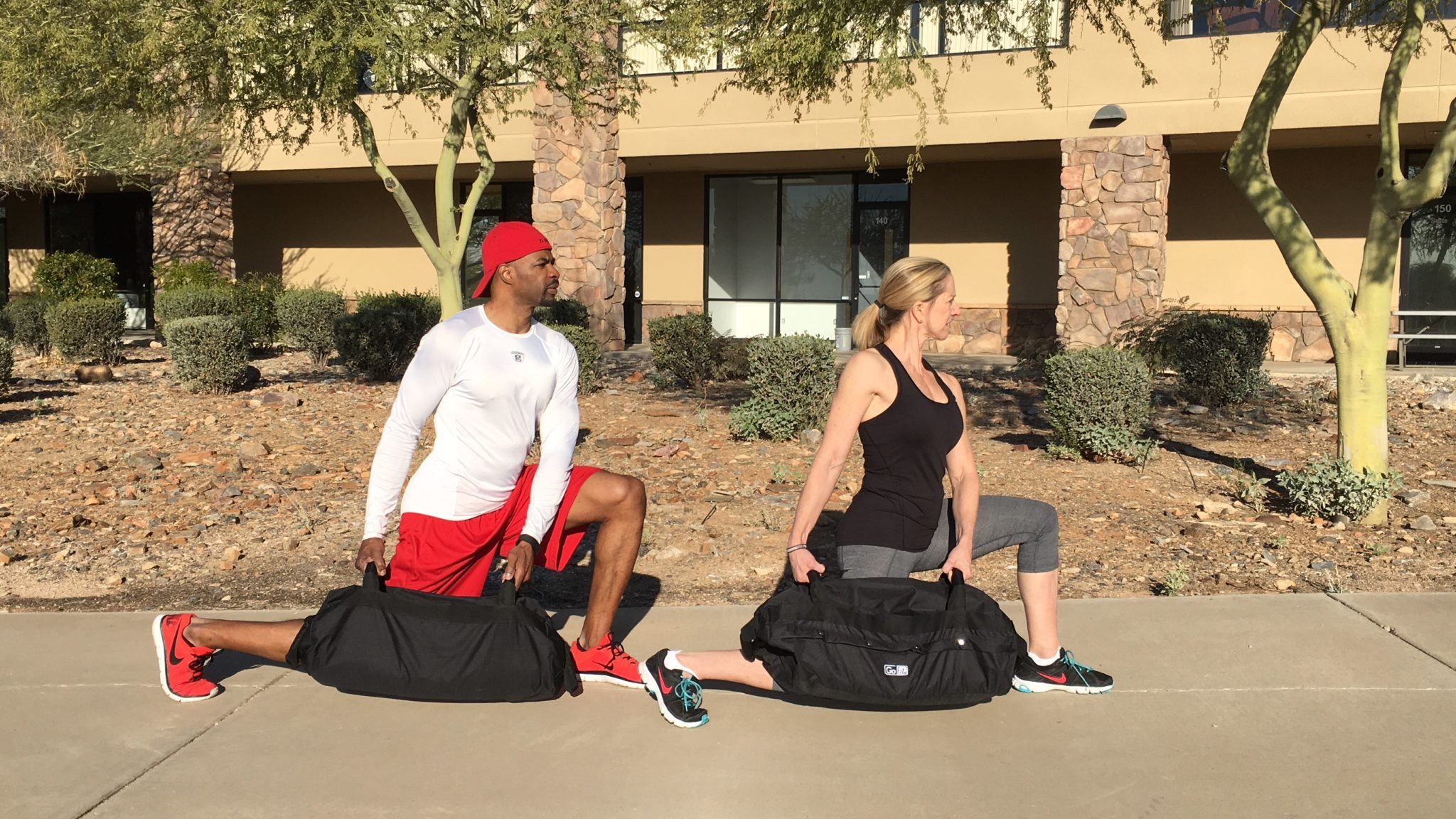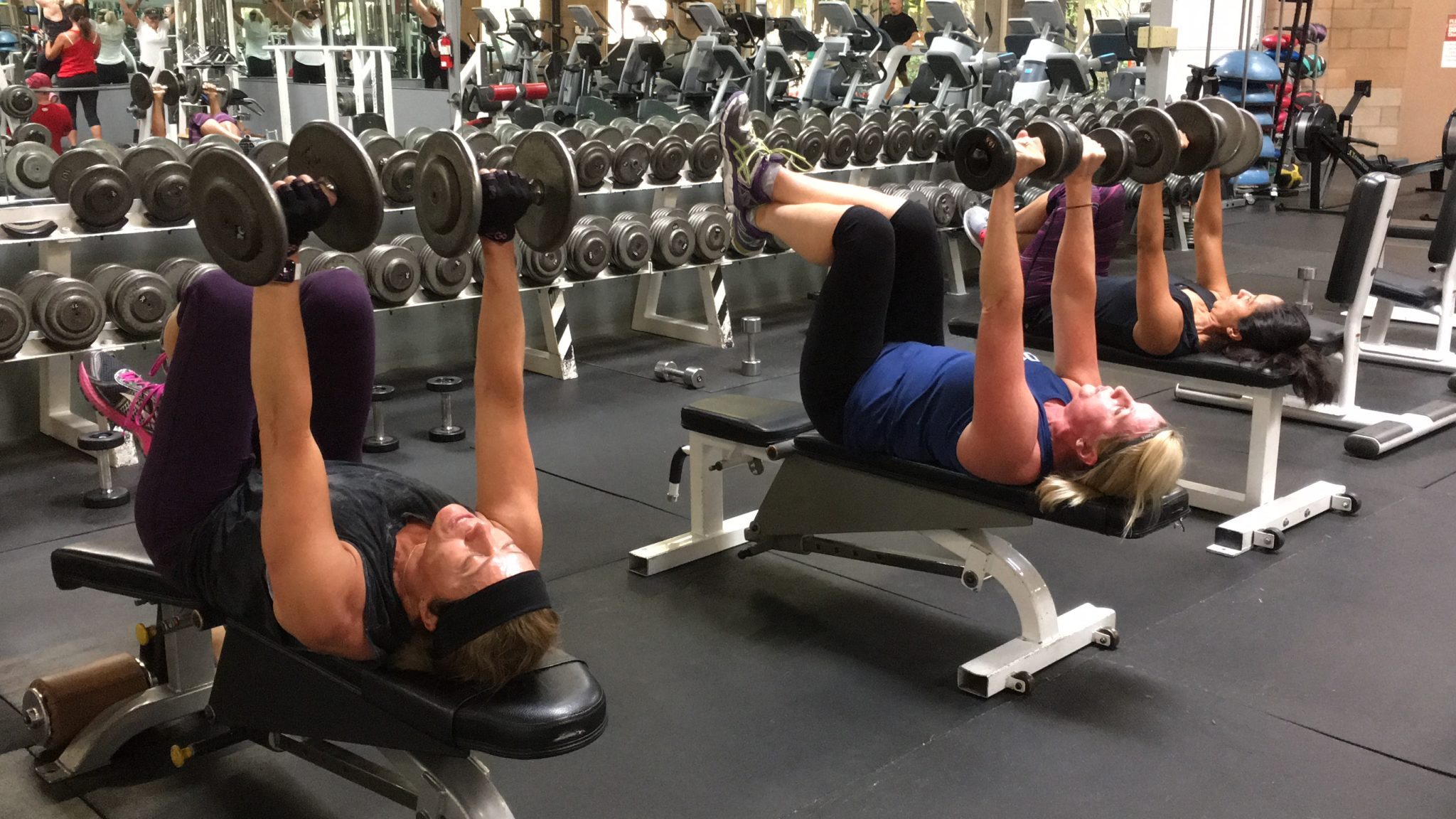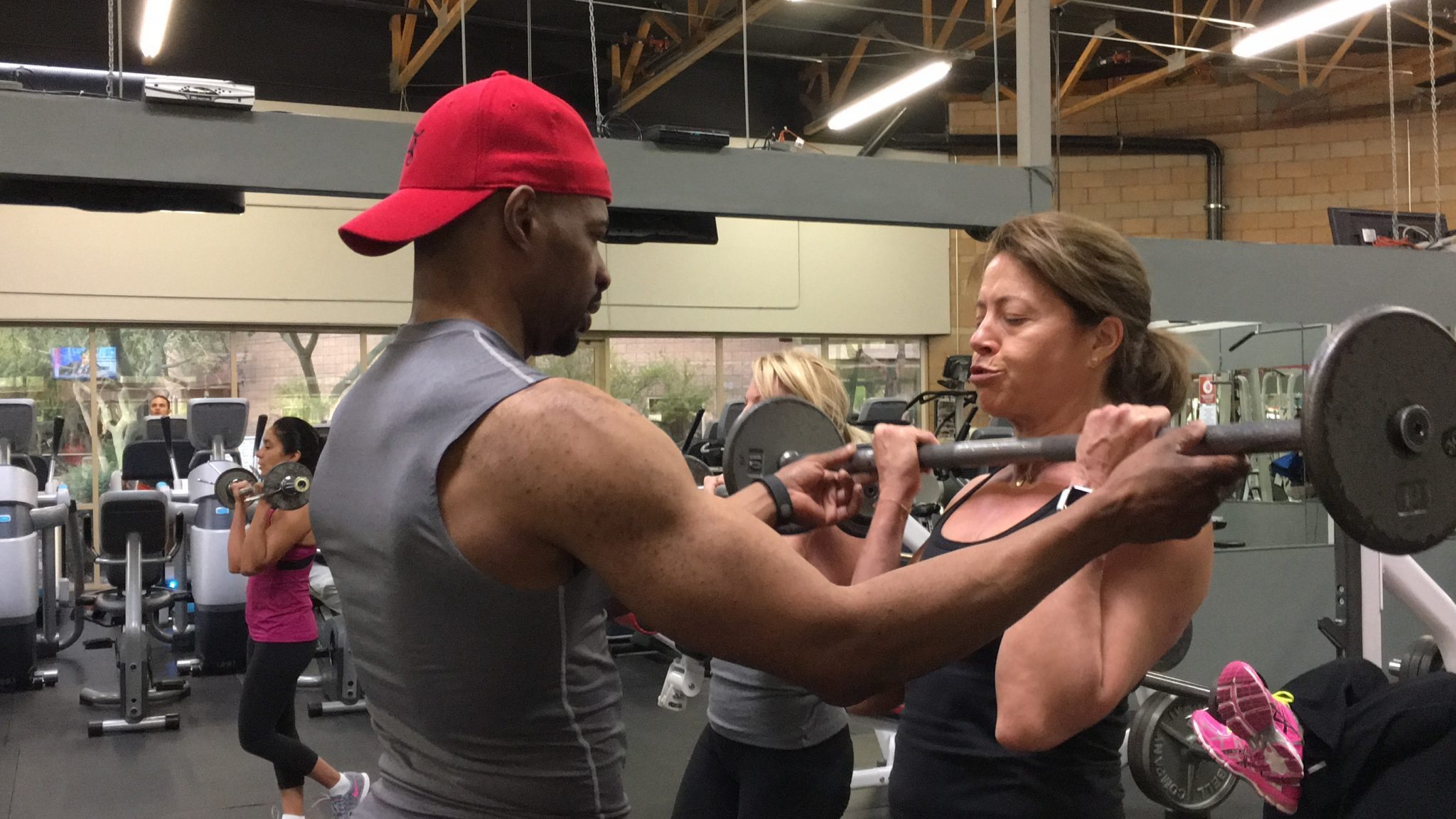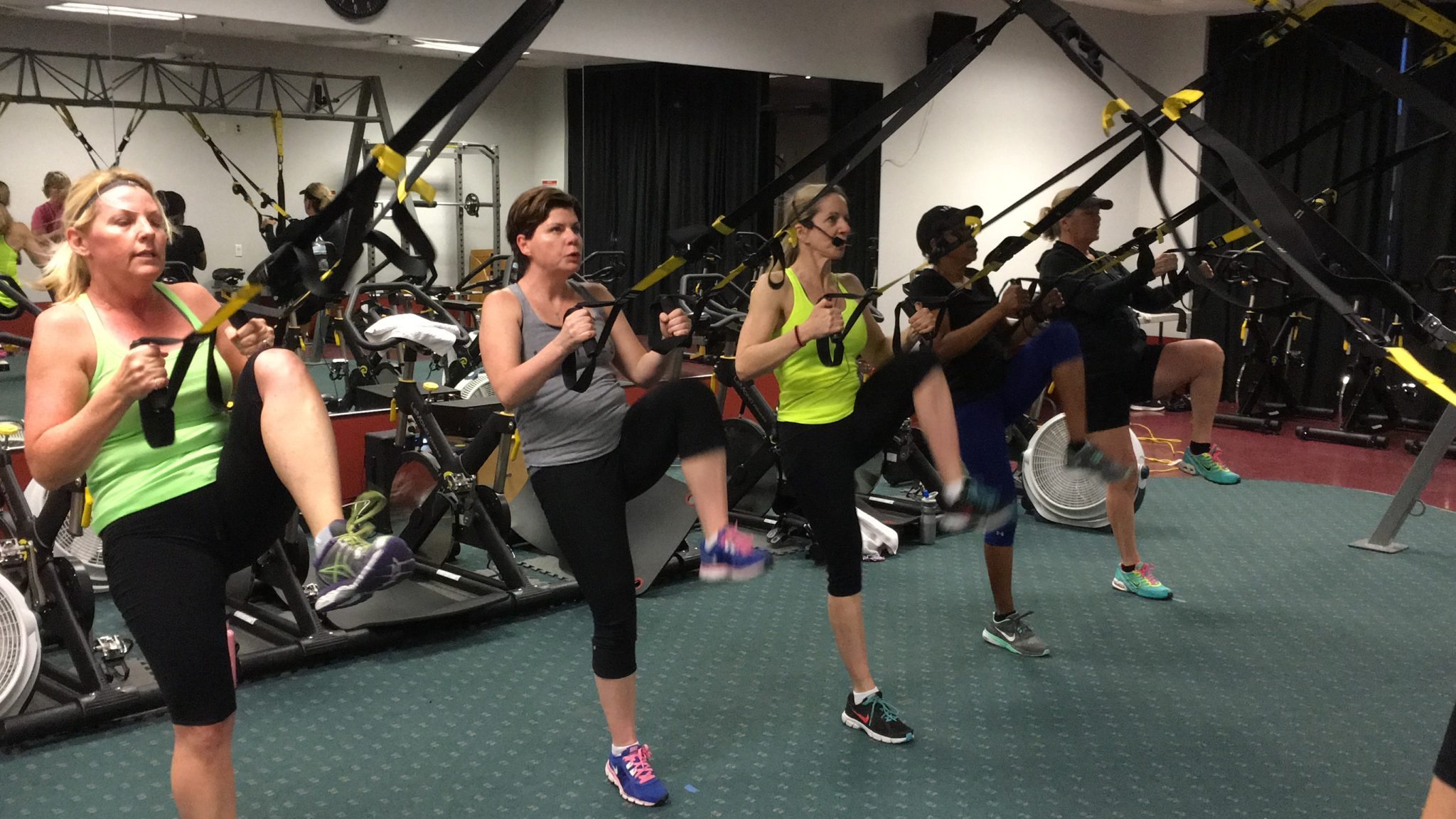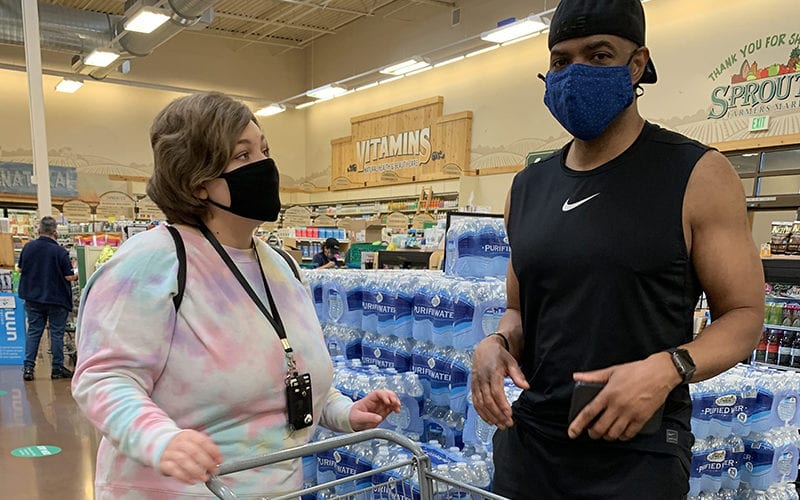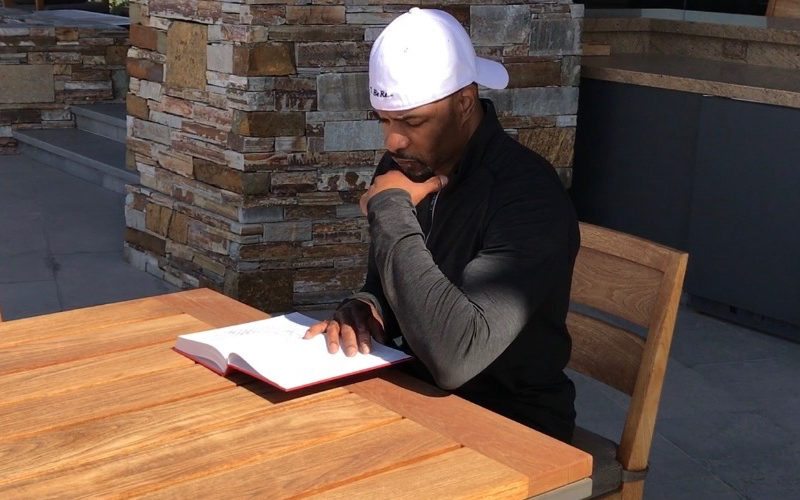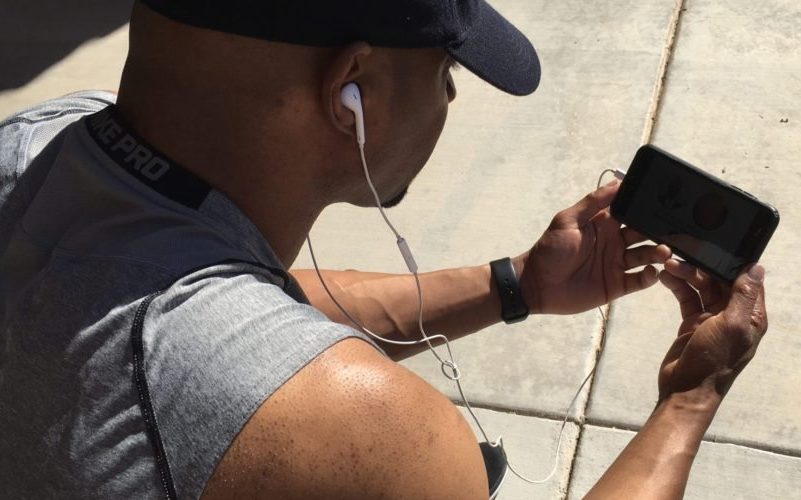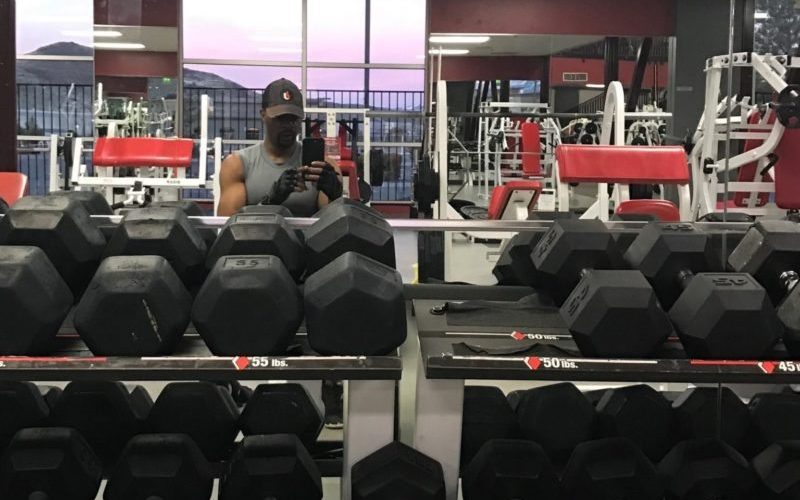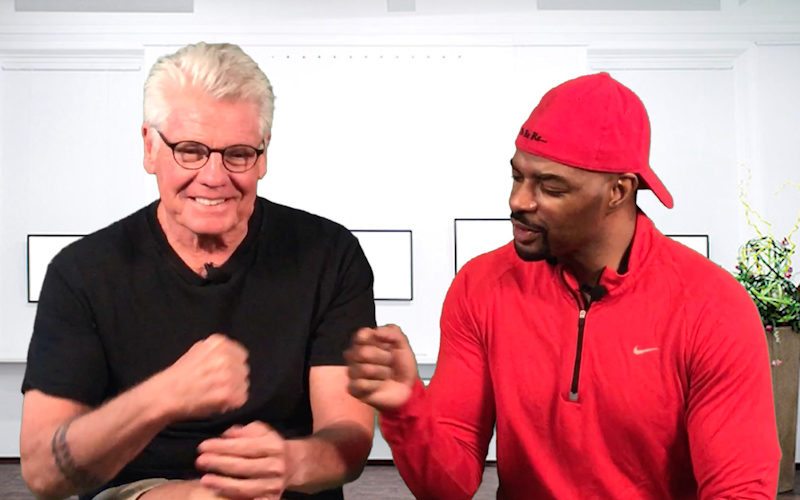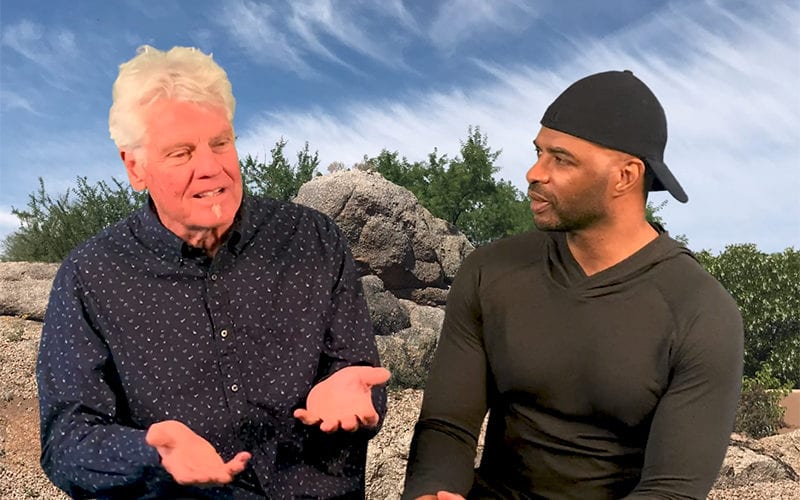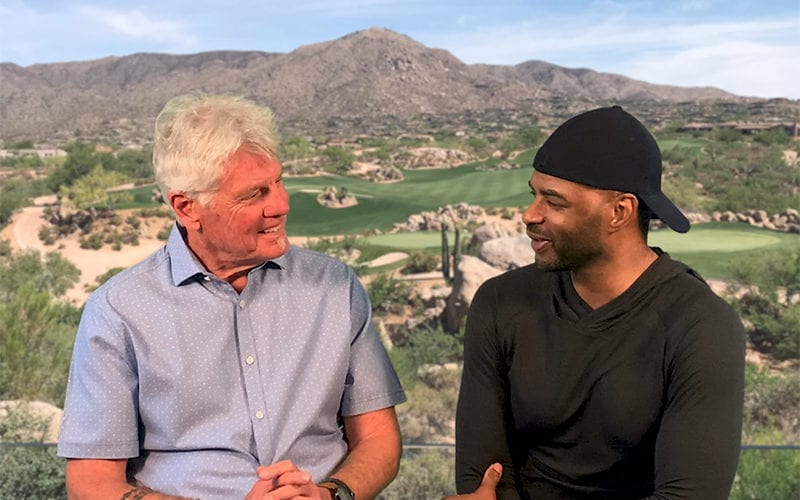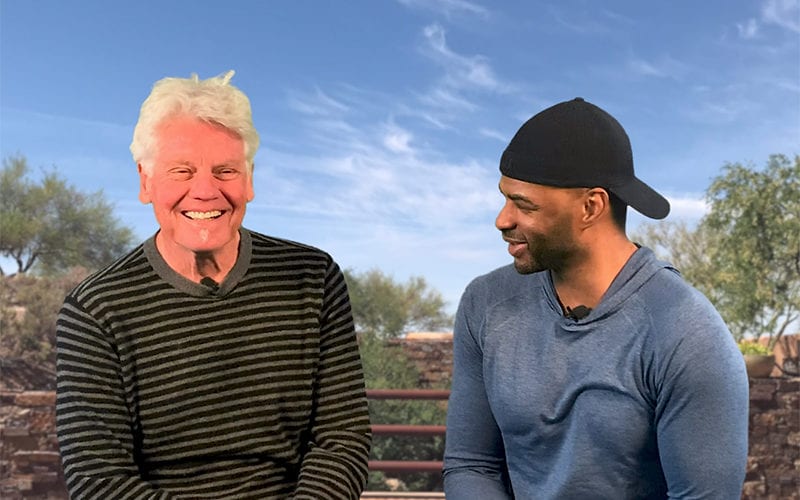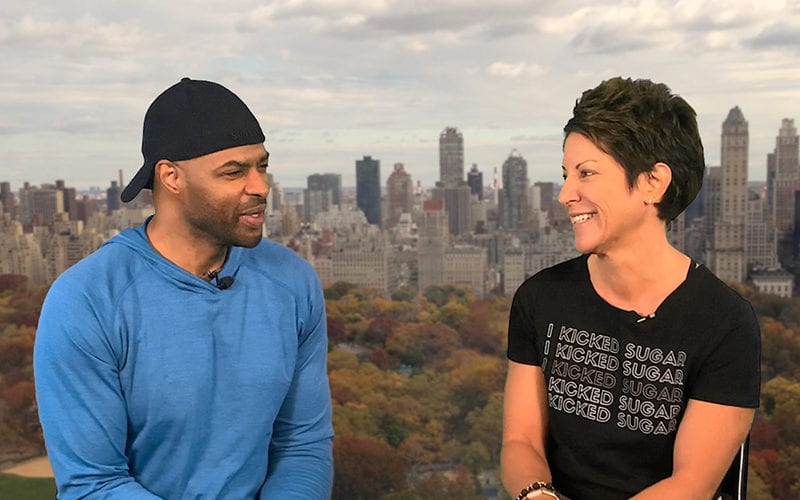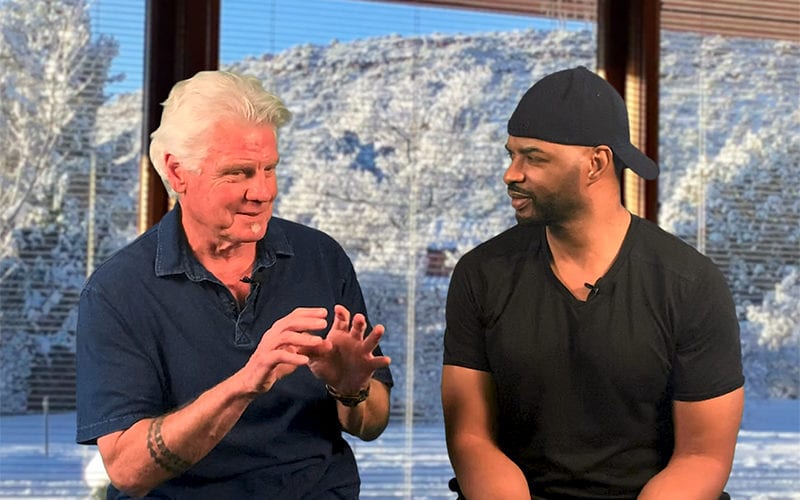Episode 72: ToBeRe Podcast_How to Break Free of the Ego-driven Mindset That Brings So Much Suffering
The ego creates external enemies in the form of people and life situations. This kind of mindset brings constant suffering. In this podcast, Rick and Keith share how to be free of an ego-driven mindset.
Keith’s Mentions:
Emotional leverage is using negative emotions to fuel our desire for change. We transform negative energy into something constructive. We move from victimhood to empowerment. We finally take control of your life. But what makes someone pull the lever? Most of the time it happens when people hit rock bottom. When we feel like we can’t go any deeper and there is nothing left to lose.
While it’s normal to want to be liked and accepted, it’s dangerous when we become addicted to approval. When validation becomes a habit of wanting to be a super human, above criticism we will keep wanting more of it. It’s a chase that never ends. And the ego loves. When I was in this trap I was the most insecure. I was so used to being praised for my looks that it became an integral part of my false identity.
I was dating with my ego instead of my heart. While the heart seeks the comfort and contentment of validation, my ego only wanted approval and compliments. I never stopped to ask myself if I actually liked these women; the only thing I cared about was if they adored my looks.
Overcoming my ego is a lifelong battle. It never ends. It is with us as long as we live. My personal practice is to keep an eye on why I am doing whatever I am doing. Awareness is the beginning of becoming free of the ego because then I can realize that my thoughts—and the negative emotions they produce—are dysfunctional and unnecessary. Read more: http://www.oprah.com/oprahs-lifeclass/eckhart-tolle-on-how-to-free-yourself-from-your-ego-armor#ixzz5jK06wYqa
Rick’s Mentions:
Our ego resists change. It doesn’t like to take risks and move into new territory. The ego likes it comfortable and predictable. Even if it makes us feel bad, or we know we could do better and be happier, the ego prefers the status quo, falsely affirming it is best to keep doing whatever we are doing. The ego enslaves us to false opinions about ourselves and others. Changing can feel like dying—or that we are without a compass or life vest– because we are outside the comfort safety zone the ego wants us to stay in.
My problem was wanting to be in control but looking to others for feedback about how I was doing. There are two types of people in the world: people who believe they are in control of their lives (internal locus of control) and people who believe life is happening to them (external locus of control). I was the latter. My validation seeking caused me to pick the wrong women, wrong cases, wrong ways to spend/manage money.
People who have an internal locus of control are happier and more successful compared to the people who have an external locus of control. According to some studies, folks who had shown an internal locus of control at the age of ten were less likely to be overweight at age thirty, less likely to describe their health as poor, or show high levels of psychological stress. Researchers explained that children with a more internal locus of control behave more healthily as adults because they have greater confidence in their ability to influence outcomes through their own actions. They may also have higher self-esteem.
Bottom line: We can’t control what other people think, say or do. We are only responsible for our own thoughts and actions. When we make this mental shift, our life course will completely change (for the better).
Transparency and vulnerability are important keys for me in battling my ego, and my huge need to have people like me. When I unload the fantasy of perfection, forget looking good or avoiding looking bad life is better. I practice every day just choosing to be what I am, accepting and loving what I have and let the good times roll.
Load Comments

